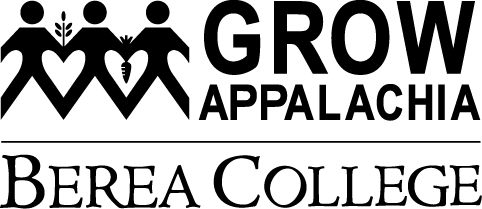Soil Testing is very useful for understanding what nutrients are missing from your garden. However, the fertilizer recommendations coming from your local Extension Office are often given using Conventional fertilizer. Since this is an Organic Gardening program, we’d prefer if you didn’t use chemical fertilizers on your garden!
How to Interpret Results
Let’s say they recommend that you use 10-10-10 fertilizer. You won’t find an organic fertilizer that fits this bill, so what do you do?
First off, let’s discuss what these numbers mean. Those three numbers represent Nitrogen, Phosphorus, and Potassium (N-P-K).
- Nitrogen is needed to grow the green leafy parts of a plant
- Phosphorus is mainly used to grow healthy root systems
- Potassium is needed to produce fruit on plants (fruit meaning anything encasing a seed or seeds)
Those numbers are also percentages, so you could also write them as 10%-10%-10%. This is to say that if you have 100lbs of fertilizer, there will be 10lbs of nitrogen, 10lbs of phosphorus, and 10lbs of potassium available for your plants. If you have 50lbs of fertilizer, then there will be 5lbs of each available, etc.
Plants don’t actually need equal amounts of these nutrients!! So 10-10-10 is actually an unbalanced fertilizer and is the equivalent of pumping your plants full of steroids. They may look big and strong, but like a human taking steroids, there are many long-term problems that can result from using chemical fertilizers. Organic fertilizers usually look something like 5-4-3. This is a good ratio of nutrients and should be sufficient for your garden. So if Extension recommends something “balanced” like 10-10-10, the Harmony brand of fertilizer that we provide should be adequate for your needs.
What if you have a major nutrient deficiency?
If one or more of your nutrients is severely deficient, then you may want to add that nutrient along with the use of a balance organic fertilizer. If you have a deficiency, your recommendation on the sheet may be something like 30-10-10. Again, for every 100lbs of fertilizer, you need 30lbs of Nitrogen, in this case. There are lots of sources of organic nutrients, though not all of them may be locally available for you. Check the label and find something that works for you!
Organic Sources of Nutrients:
Bloodmeal 12-0-0
Cottonseed meal 6-2-1
Feather meal 13-0-0
Fish meal 9-4-0
Bonemeal 2-14-0
Calphos Powder 0-3-0
Fishbone meal 5-16-0
Potassium sulphate 0-0-52
Sunflower hull ash 0-4-34
Generally, our soils in East TN are deficient in nitrogen but usually have adequate or even elevated levels of Phosphorus and Potassium. However, each plot of land can be different, so it is good to get the soil tested before you begin gardening. If you need to make major corrections to nutrients or pH, you may want to test yearly for a few years until you’ve gotten your levels to normal. Once you reach normal levels, testing every 2-3 years is adequate.
Also, we had a few participants this year get crazy readings on their soil tests! If you suspect that your test is off, call the lab and double check that they sent you the correct results. You may also want to retest your plot, ensuring that you collect soil from 8-10 different holes and that the soil comes from 6” deep.
Happy Gardening!


Leave A Comment